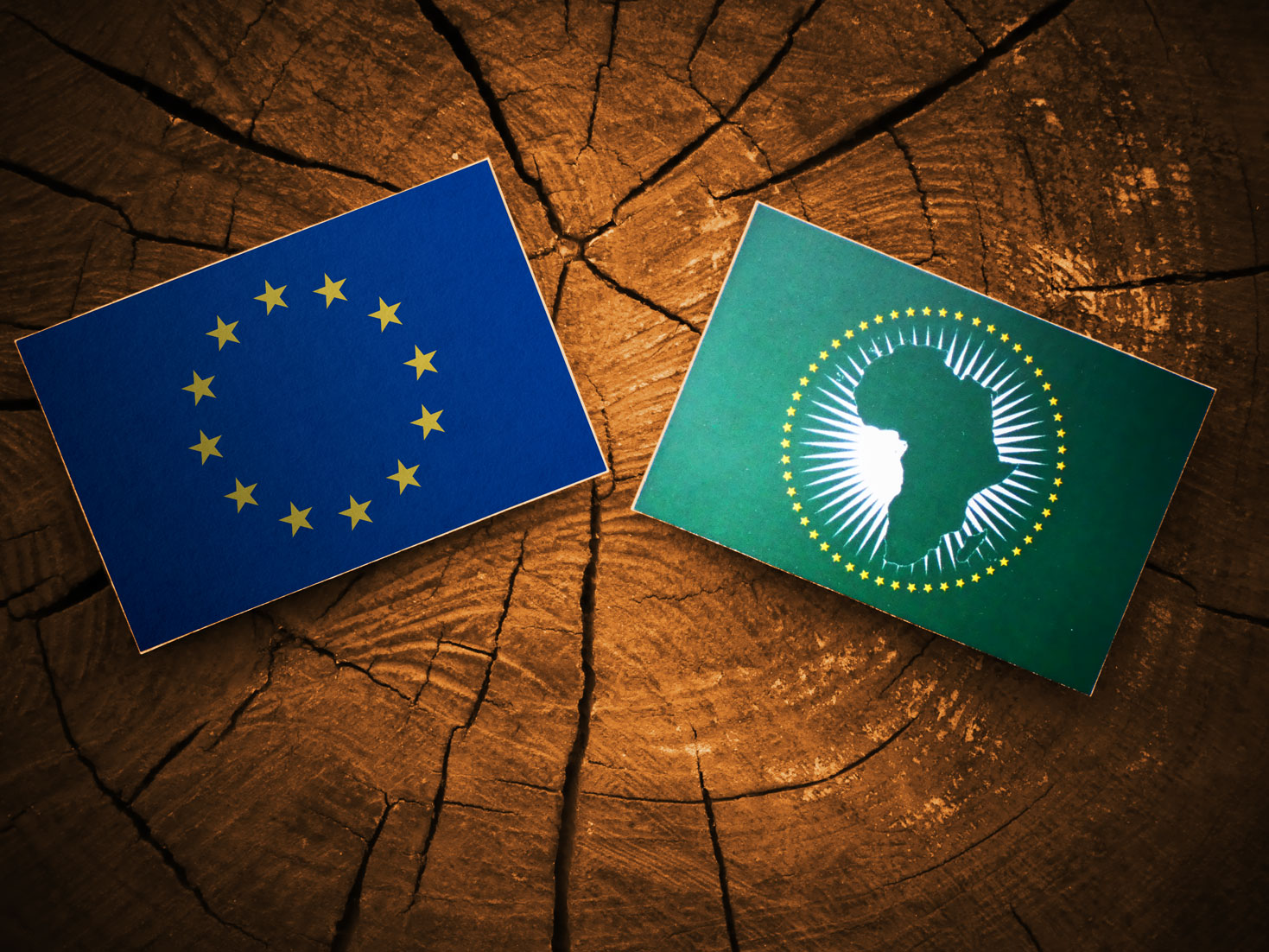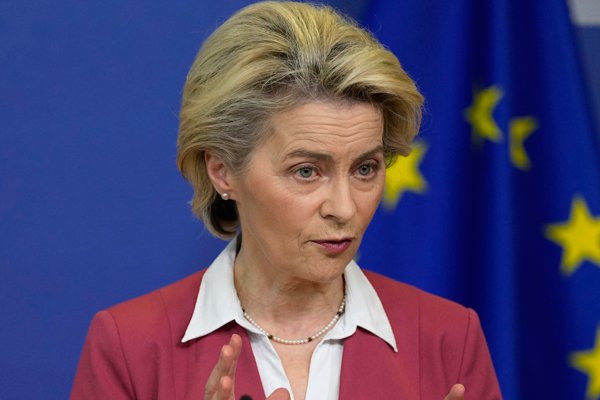

What you need to know:
- In an interview with AFP ahead of a visit to Senegal, Von der Leyen said she will use the trip to unveil the first African scheme in a new investment scheme dubbed Global Gateway.
As China and Russia court impoverished and fragile African states with offers of security or loans, EU chief Ursula von der Leyen says Europe offers the continent the “most reliable”
In an interview with AFP ahead of a visit to Senegal, Von der Leyen said she will use the trip to unveil the first African scheme in a new investment scheme dubbed Global Gateway.
Seen as the European Union’s response to China’s Belt and Road strategy, Global Gateway aims to mobilise investments of up to 300 billion euros ($340bn) for public and private infrastructure around the world.
The president of the EU’s powerful executive, Von der Leyen arrives in Dakar on Wednesday to prepare for a summit between the EU and African Union on February 17-18.
On Thursday, she will meet Senegalese President Macky Sall, who has recently assumed the AU presidency.
Von der Leyen responded to written questions from AFP. Her replies have been edited for length and clarity.
What can we expect from the EU-AU summit?
This summit is of crucial importance. I see it as an opportunity to strengthen a partnership that Africa and Europe need.
First of all, because we need to work more together to tackle today’s challenges — like the already very real impact of climate change or health.
But above all, we need to set our own positive agenda, one of shared prosperity and sustainable growth that directly benefits our people. This is what Global Gateway is all about.
In Dakar, I will announce the very first regional plan under Global Gateway: the Africa-Europe plan. And the summit should identify a first set of strategic interventions in infrastructure, value-chain and private-sector development, vocational training and health.
Does the summit aim to counteract Russia or China’s influence?
The European Union is the most reliable and loyal partner for Africa. Every year, the EU invests 20 billion (euros) in grants in the continent, plus loans and guarantees.
(Investment options in Africa) too often have hidden costs. The financial, political, environmental and social costs are sometimes very heavy. These options often create more dependency than real links.
Global Gateway is a different proposition. It is an investment anchored in the values to which Europe is attached — transparency, good governance, concern for the environment and the wellbeing of population.
Will the summit address the growing number of coups in Africa?
The stability of the region and the need to avoid the upheaval of political systems brought about by force are priority issues on the summit agenda.
I believe that these issues are not distractions from our objectives for the summit, but clear indicators of the need to work together to make a difference on the ground: to improve people’s lives, to strengthen governance, to provide better opportunities.
Leading African figures have demanded that the EU lift coronavirus vaccine patents. Will it do so?
The lifting of patents is not a miracle solution that will rapidly develop local production capacity. It could also have significant negative consequences for financing innovation.
Voluntary licensing is the best way to ensure the necessary transfer of technology and know-how as well as intellectual property rights.
But I have listened carefully to countries that complain about the difficulty of using the existing flexibilities in the area of compulsory licensing.
That is why we have made proposals that will facilitate the use of compulsory licences [which allows for use of a patent without the permission of the patent owner].
In parallel, the EU is investing massively to increase production capacity in Africa, with more than one billion euros committed to this effort.
